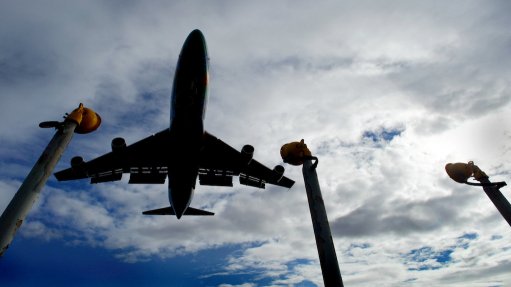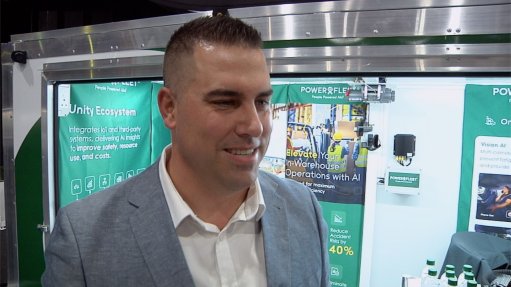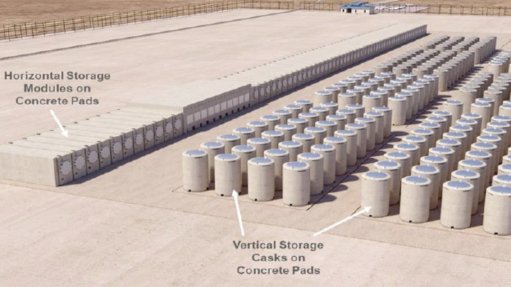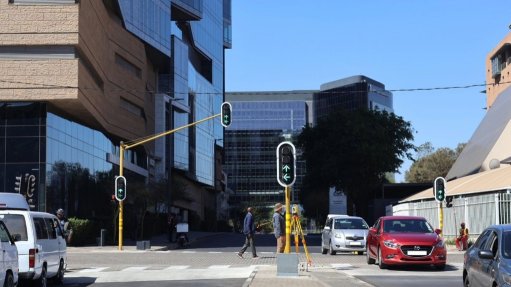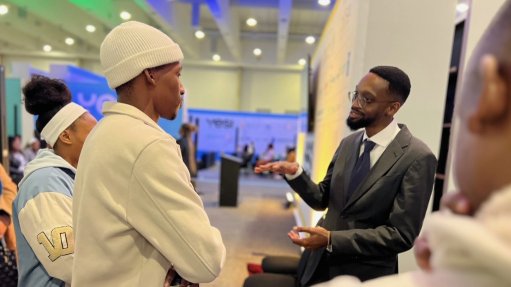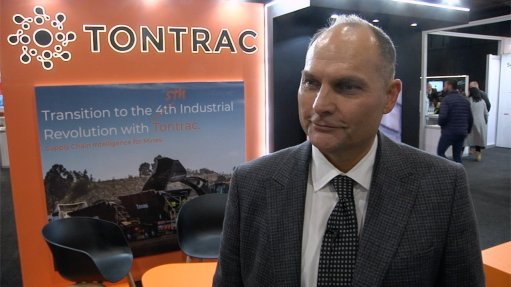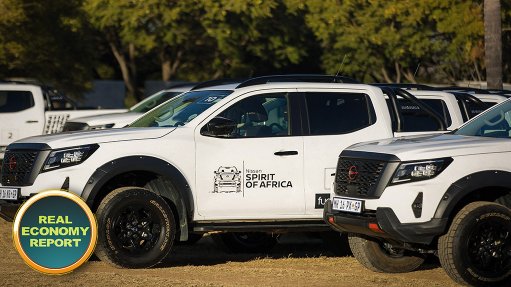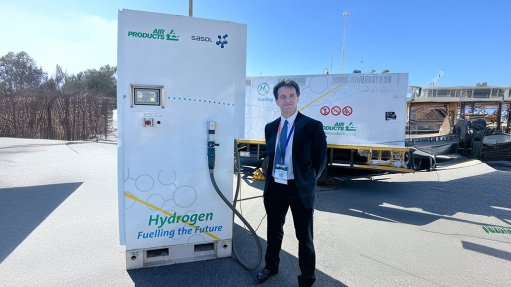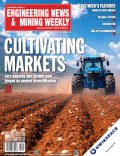Low carbon economy requires policy overhaul
To enjoy cleaner air, South Africa’s policies need to change, says Department of Environment, Forestry and Fisheries air quality chief director Dr Thuli Khumalo.
She states that government is working hard towards a just transition to a low carbon economy. The department has positively embraced Cabinet’s approval of the publication of its strategy to address air pollution in dense, low-income settlements.
“As part of the implementation of the strategy, we are hoping that a number of projects will be rolled out in this regard. However, that requires funding. It would be useful if we could get solar water geysers and solar cookers because that translates to less reliance on dirty fuels such as coal, wood and paraffin,” adds Khumalo.
Industries and mines have a major role in reducing air pollution. However, Khumalo warns that improving air quality is not only the task of industries and government, and calls on citizens to step up and fulfil their role because human activities, such as vehicle emissions in the major cities or the burning of tyres, add to the problem, affecting our health.
“There is a role that awareness can play in attempting to improve the behaviour of citizens, and there is a need to make people aware of their individual contributions to air pollution.”
Subsequently, she points out that winter is regarded as the worst time in terms of air quality control and management, with industrial geographies, such as Ekurhuleni, in Gauteng, and Emalahleni, in Mpumalanga, earmarked as high-priority areas.
As the temperature drops, people have an increased need to keep warm by burning coal. Simultaneously, a natural phenomenon, called the inversion layer, occurs when the surface cools down faster than the upper atmosphere.
“This causes poor mixing of the air parcels and leads to air pollution being trapped to the earth’s surface and longer pollution exposures. That is why the monitoring systems record higher levels of emissions during this season, as the air parcels are not mixing as well as they usually do and emission sources increase,” she points out.
Moreover, the department launched the South African Air Quality Information System (SAAQIS) in 2010 – a Web-based interactive air-quality information system that aims to provide information for citizens regarding the state of air quality. It measures the combination of all air pollution sources Khumalo points out, adding that, “what is measured in the ambient air is a mixture of all the pollution from different sources. One can point out a particular source, although it is sometimes difficult to do so when multiple sources contribute simultaneously, but there are ways it can be done such as using source apportionment studies”.
Through the SAAQIS application – which is available on both Android and iOS platforms – people receive a live real-time overview at any given time of the current state of air quality in five-minute intervals as they are measured at the monitoring stations. Members of the public can also obtain long-term trends of data from the SAAQIS website.
In further attempting to mitigate the air pollution challenge the country faces, Khumalo emphasises the need for an effective public transport system in line with the Green Transport Strategy, well insulated homes and a behavioural change from all South Africans.
“The issue of cars is a socioeconomic challenge because older cars emit more hazardous exhaust fumes. We also need to get into buses and trains more, and start walking more. If the general safety aspect is addressed and we have suitable walkways, then people will be encouraged to walk more.”
“Burning coal for domestic use is tricky because, in most cases, people do not have any other options to keep warm. As government, we need to introduce cleaner fuels for people to use in their homes. It should have long been the standard that homes in this country need to be properly insulated to ensure energy efficiency.”
Comments
Announcements
What's On
Subscribe to improve your user experience...
Option 1 (equivalent of R125 a month):
Receive a weekly copy of Creamer Media's Engineering News & Mining Weekly magazine
(print copy for those in South Africa and e-magazine for those outside of South Africa)
Receive daily email newsletters
Access to full search results
Access archive of magazine back copies
Access to Projects in Progress
Access to ONE Research Report of your choice in PDF format
Option 2 (equivalent of R375 a month):
All benefits from Option 1
PLUS
Access to Creamer Media's Research Channel Africa for ALL Research Reports, in PDF format, on various industrial and mining sectors
including Electricity; Water; Energy Transition; Hydrogen; Roads, Rail and Ports; Coal; Gold; Platinum; Battery Metals; etc.
Already a subscriber?
Forgotten your password?
Receive weekly copy of Creamer Media's Engineering News & Mining Weekly magazine (print copy for those in South Africa and e-magazine for those outside of South Africa)
➕
Recieve daily email newsletters
➕
Access to full search results
➕
Access archive of magazine back copies
➕
Access to Projects in Progress
➕
Access to ONE Research Report of your choice in PDF format
RESEARCH CHANNEL AFRICA
R4500 (equivalent of R375 a month)
SUBSCRIBEAll benefits from Option 1
➕
Access to Creamer Media's Research Channel Africa for ALL Research Reports on various industrial and mining sectors, in PDF format, including on:
Electricity
➕
Water
➕
Energy Transition
➕
Hydrogen
➕
Roads, Rail and Ports
➕
Coal
➕
Gold
➕
Platinum
➕
Battery Metals
➕
etc.
Receive all benefits from Option 1 or Option 2 delivered to numerous people at your company
➕
Multiple User names and Passwords for simultaneous log-ins
➕
Intranet integration access to all in your organisation







